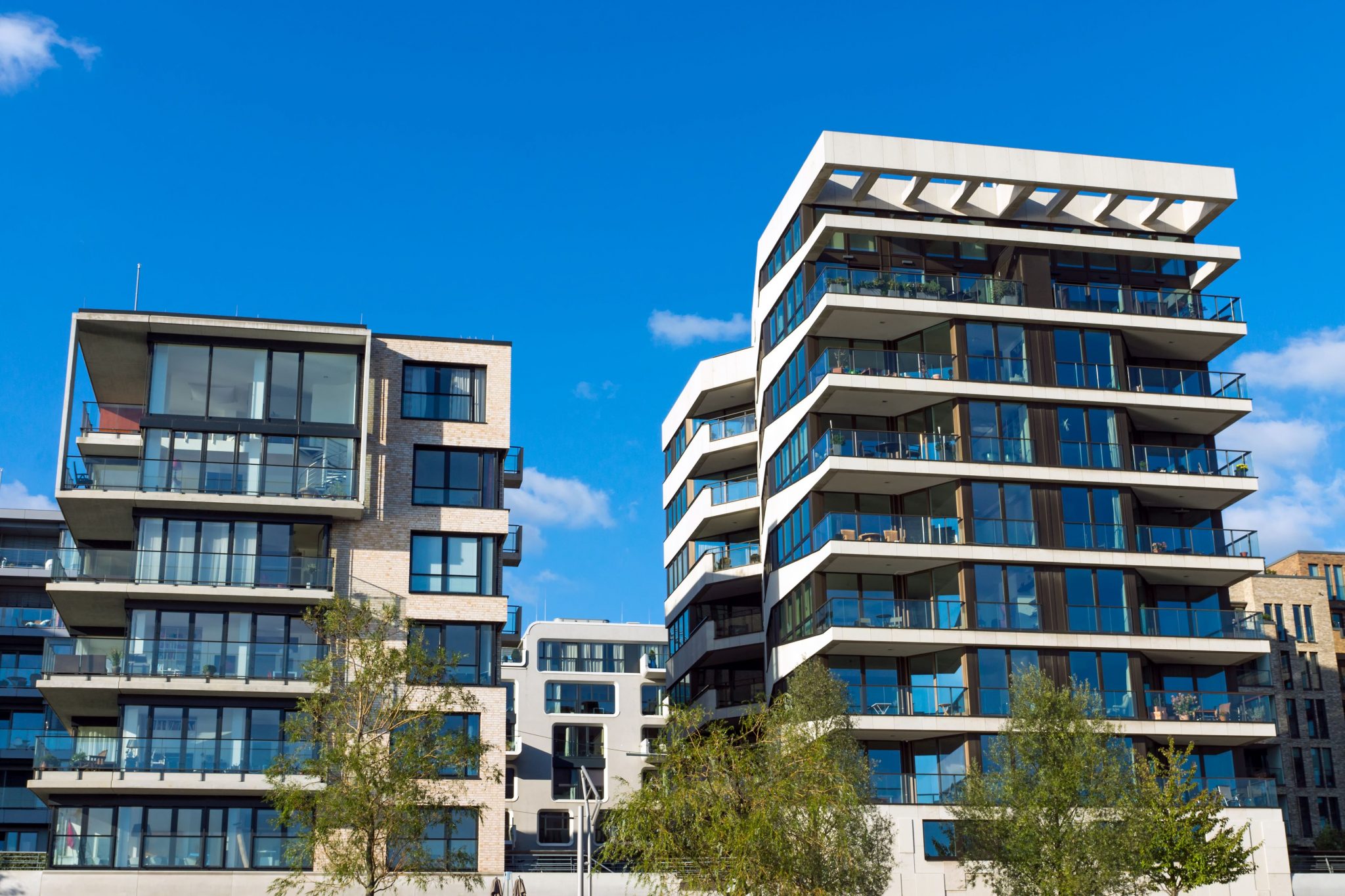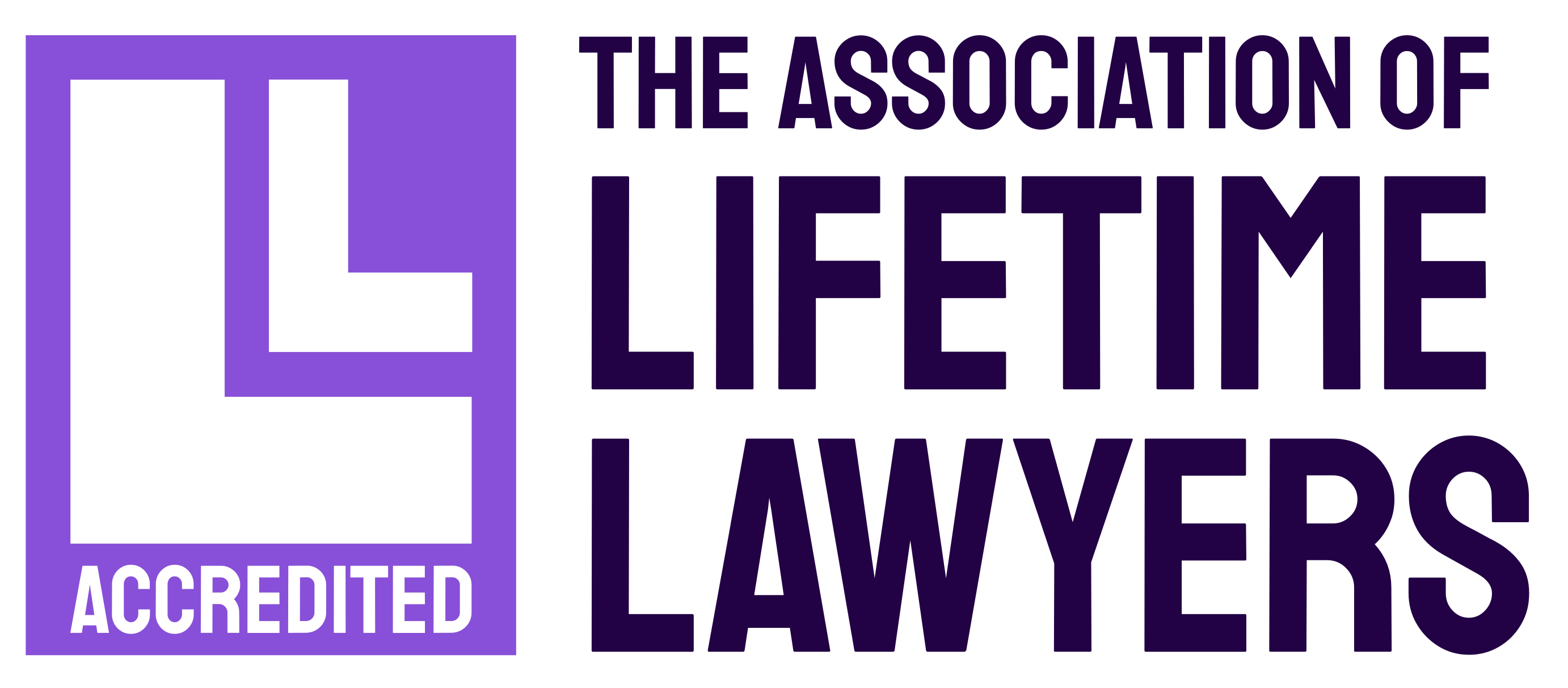News & insights
Something all leaseholders should consider
29th January 2018

The demand for new homes in the North East is becoming more and more of a priority and with available land for development in short supply, developers have for many years looked to maximise use of land by the building of flats rather than houses. Unlike houses, flats are nearly always sold on a leasehold basis. What does that mean in practice?
Whether it is advisable to extend the term of the lease should be given consideration when owning, purchasing or selling a flat. Many flat owners are unaware of the fact they have a statutory right to extend the term of the lease, even if they are not able to negotiate something directly with their landlord. Unfortunately, the procedure to be followed, particularly if the statutory rules are to be followed, is time consuming and can be expensive and is not commonly practicable within the context of a sale and purchase transaction, particularly if the parties are in a chain so if you are the owner of a flat or a potential seller this is an issue which you should really think about before looking for a buyer.
It should be borne in mind that if a flat owner has a good relationship with their landlord it is often possible to negotiate the extension of the leasehold term and how much is to be paid for this extension directly, in these circumstances the procedure is usually a great deal quicker than if the landlord is not very cooperative and the tenant has to use their statutory rights.
At the point where there are 80 years or less remaining on the lease, the cost of extending the term can rise substantially due to the principles that apply to valuation of an extended leasehold term. The right to statutorily claim a lease extension generally commences once the leaseholder has owned the flat for two years. If successful, the new term is equal term what was left on the original term plus a further 90 years and any ground rent is reduced to a peppercorn. Any tenant having to use the statutory rights to extend their lease is well advised to consult one of the many specialist valuers who are expert in this area and will be able to advise on an appropriate premium and indeed, if necessary, negotiate agreement on a premium with the landlord’s representatives. If, under the statutory procedure, the parties cannot reach agreement on the level of the premium the next step is to refer this for determination by the First-tier Tribunal (Property Chamber). They will make a decision which will be binding on the parties.
It is key to check the remaining term of the lease. If selling, extending the term will increase the sale value. If purchasing, it may be preferable to get the seller to extend the lease before purchase or assign over the right to do so. If a leasehold on a flat is owned, do not delay in extending it. If in doubt, seek advice but always remember that acting sooner rather than later on a lease extension will undoubtedly be beneficial.
Please note: This article is intended as guidance only. No responsibility for loss occasioned/costs arising as a result of any act/failure to act on the basis of this article can be accepted by Latimer Hinks. In addition, no responsibility for loss occasioned/costs arising as a result of any act/failure to act on the basis of this article can be accepted by the firm.

Martin Williamson




